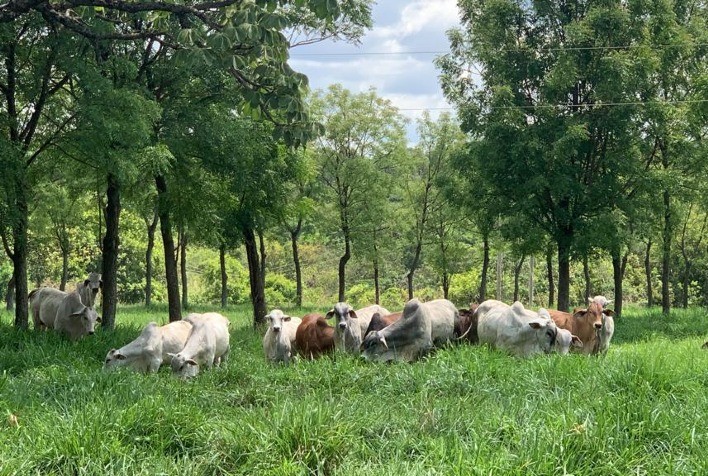One of the many criticisms of Brazilian agribusiness is related to the issue of sustainability. Myths and misinterpreted data foster an environment, sometimes hostile, that does not do justice to the real scenario. Technology has been a differentiating factor in Brazilian agriculture to produce more, better and more sustainably. We are a global example in several areas of action in agriculture, but I want to focus on one of the most sensitive aspects of the sector, which is the pesticide market. I will begin by saying that, despite voices against it, our agriculture uses the quantity of pesticides necessary for effective control of pests, diseases and weeds, which are abundant in our tropical environment and, in many cases, less when compared to other agricultural nations considered more developed. The industry has invested heavily in recent years to reduce the quantity of inputs per treated hectare. Today, there are cases of using less than 10 grams of active ingredient in one hectare, that is, about a tablespoon spread over an area of 10 thousand square meters. In the past, this calculation was done in kilograms, a reduction of approximately one thousand times.
Still speaking of agricultural pesticides, more specifically about the disposal of their empty rigid plastic packaging. These are plastic packagings that, in themselves, without thinking about their contents, could already be the cause of a significant environmental impact by becoming waste, if disposed of inappropriately. At the same time, these packagings cannot be reused or disposed of in common selective collections, since the resin generated by their recycling should not be used to make food or cosmetics packaging, for example. This is a major problem in any country, let alone in a territory the size and logistical complexity of Brazil.
In this regard, we are the greatest example in the world, and no other country on the planet does anything similar to what is done here and manages to properly dispose of 100% of the empty agricultural pesticide packaging that has been received.
The basis for this is modern, bold and very clear federal legislation. It determines that the appropriate environmental disposal of pesticide packaging is the responsibility of its manufacturers and they must ensure its proper disposal (recycling or incineration). The end consumer, who is the rural landowner, buys the contents, but not the packaging, as they must return the packaging triple washed or pressure washed.
In this environment, more than 20 years ago, inpEV – National Institute for Processing Empty Packaging – was born, an entity maintained by the pesticide industries that manages a nationwide reverse logistics system called the Campo Limpo System. I say that the Campo Limpo System is ESG in practice for agriculture.
Through the involvement of all links in the chain and with a strong investment in education and awareness, we received and correctly disposed of more than 53 thousand tons of packaging in 2023. Most of this material received was recycled in appropriate locations and transformed into new packaging for pesticides or other plastic artifacts such as electrical conduits or sewage pipes, drainage ducts, among others.
With this recycling process, in 2023 alone, we avoided the emission of more than 75 thousand tons of greenhouse gases equivalent into the atmosphere, which is the measurement corresponding to the equivalent impact of the same volume of carbon dioxide. According to experts, a tree sequesters around 6 kg of CO2 per year, which means that the Campo Limpo System avoided the emission of greenhouse gases that would require 12.5 million trees to neutralize. Not to mention the fact that the recycling process consumes less water and electricity than the production of plastic packaging made with virgin resin.
In just over 20 years, the initiative has been a success in terms of results and has elevated Brazil to a level that it occupies alone in terms of sustainability and environmental protection. This result is the fruit of joint and intelligent efforts by all links in the chain and managed by an entity that specializes in developing and implementing reverse logistics strategies in Brazil.
Therefore, I can say without hesitation that Brazilian agriculture is indeed sustainable.
Marcelo Okamura, CEO of inpEV (National Institute for Processing Empty Packaging)
Source: LVBA Communications

